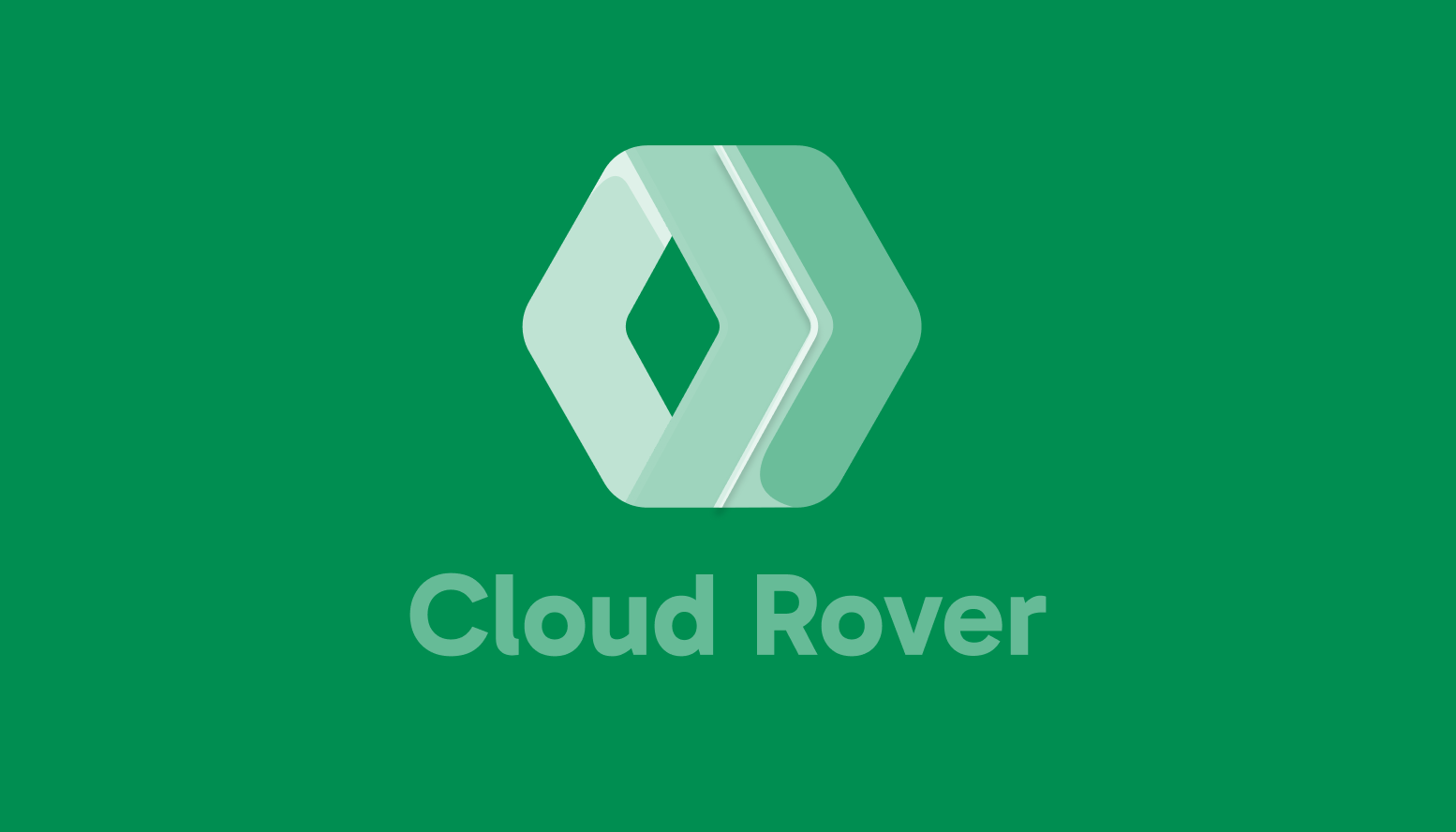Today, I’m thrilled to introduce Cloud Rover, a middleware library that empowers developers to turn Cloudflare Workers into fully functional backend servers. If you’ve ever wished for a framework that simplifies routing, request handling, and response management in the Cloudflare Workers runtime, Rover is here to make it possible.
The Problem
Cloudflare Workers is an incredible platform for deploying serverless applications at the edge. It offers speed, scalability, and a robust set of tools. However, if you’ve used it to build backend services, you might have noticed some gaps:
- Routing : Defining and managing routes can quickly become complex as your app grows.
- Request Handling : Processing various HTTP methods and extracting data from requests often feels repetitive.
- Response Management : Crafting structured responses requires boilerplate code that eats into your development time.
While Cloudflare Workers excels at deployment, the journey from "tool" to "framework" is left to the developer.
The Solution
Rover bridges this gap by providing a lightweight, easy-to-use middleware that transforms Cloudflare Workers into a complete backend server.
Key Features
- Routing Simplified : Define static, dynamic, and nested routes effortlessly.
- Seamless Request Handling : Process HTTP methods like GET, POST, and DELETE with built-in utilities.
- Structured Response Management : Respond with JSON, text, or HTML without repetitive code.
Why Use Rover?
This library was built to help developers focus on what matters most: creating applications. Instead of dealing with repetitive boilerplate code, you can now focus on designing scalable, feature-rich APIs and backend services.
Example
Here’s how simple it is to get started:
import { Router, Rover, reply } from "cloud-rover";
// Define a router
const router = Router([
{
path: "/",
handler: index_handler,
},
]);
// the index handler function
async function index_handler(request): Promise<Response> {
return reply.text("Hello World From Rover!");
}
export default {
async fetch(request, env, ctx): Promise<Response> {
return Rover(request, router);
},
} satisfies ExportedHandler<Env>;
Within minutes, you have a backend that’s efficient, clean, and ready to scale.
Open Source and Contributions
Like all meaningful tools, Rover is open source. It’s available on GitHub, and I’m excited to see how the developer community will use it to build amazing projects. Contributions, suggestions, and feedback are all welcome!
What’s Next?
Check out the official documentation for detailed guides, API references, and more examples. Or head straight to GitHub to explore the source code and get started.
Join the Journey
If Cloud Rover excites you as much as it excites me, consider starring the project on GitHub, sharing it with your network, or contributing code. Together, we can make Cloudflare Workers even more powerful.
Let’s redefine serverless backend development. 🚀
Try Cloud Rover today and experience the difference.
